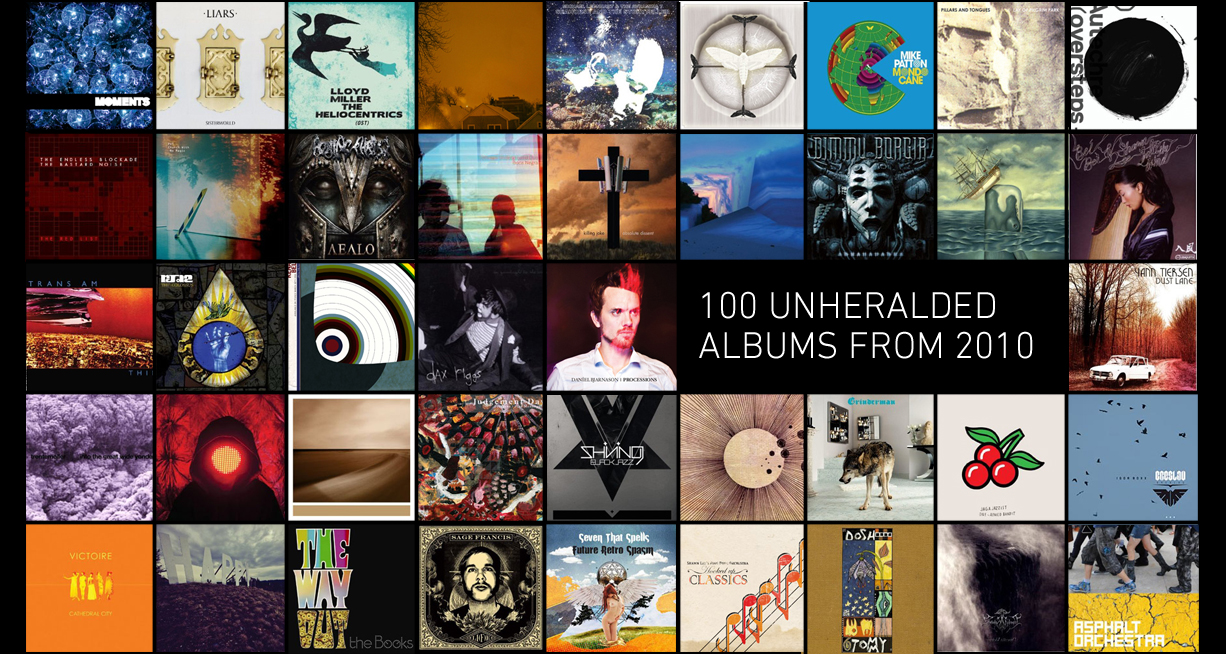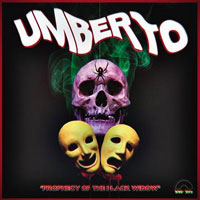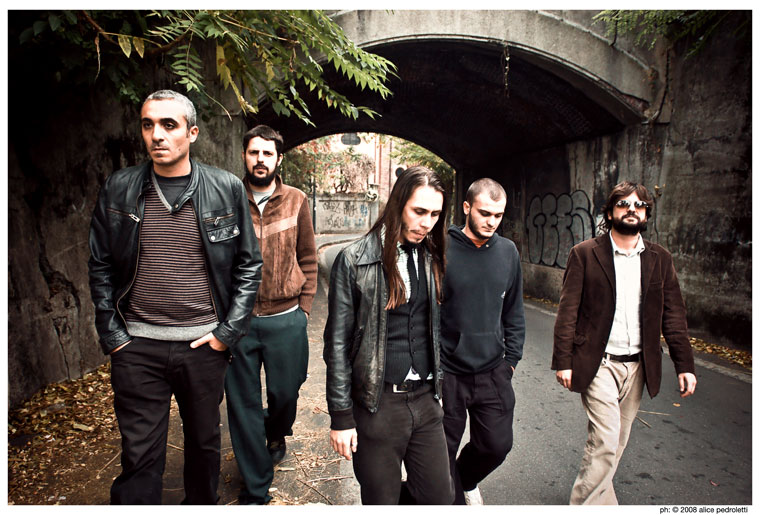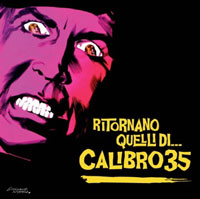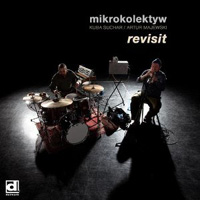Scott Morrow is ALARM’s music editor. Patrick Hajduch is a very important lawyer. Each week they debate the merits of a different album.
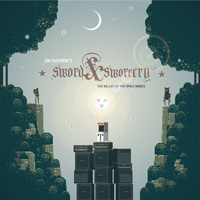 Jim Guthrie: Sword & Sworcery LP: The Ballad of the Space Babies (4/5/11)
Jim Guthrie: Sword & Sworcery LP: The Ballad of the Space Babies (4/5/11)
Jim Guthrie: “Dark Flute”
[audio:https://alarm-magazine.com/wp-content/uploads/2011/06/Jim_Guthrie_Dark_Flute.mp3|titles=Jim Guthrie: “Dark Flute”]Morrow: With a list of accomplishments that includes a solo career, band collaborations, and the co-founding of Three Gut Records, Jim Guthrie is more than a notable name in Toronto’s music scene. He has recorded as part of Islands, Royal City, and Human Highway and has worked with Arcade Fire, but his newest project transcends the realm of reality to explore a magical/digital world.
Superbrothers: Sword & Sworcery EP is a successful cross-platform game / music project for the iPad and iPhone. Guthrie delivered a great score for it, and now the music is available to purchase on its own.
From the open, The Ballad of the Space Babies is sort of a Legend of Zelda-meets-Goblin blend of space jams. But pieces such as “The Cloud” and “Under a Tree” — with ambient, chamber, and neoclassical influences — establish different moods entirely, and there are more percussive elements than one might imagine, as tracks such as “Bones McCoy” build around clattering drum fills. “Ode to a Room” even has a synth line that acts like a reverberated, quasi-Italian-western guitar melody.

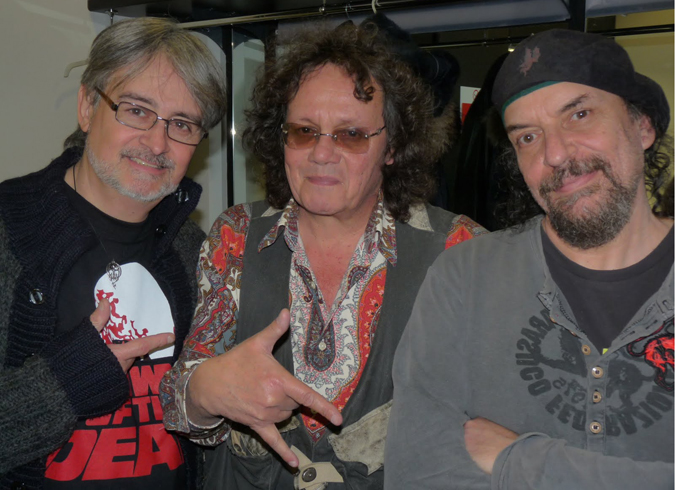

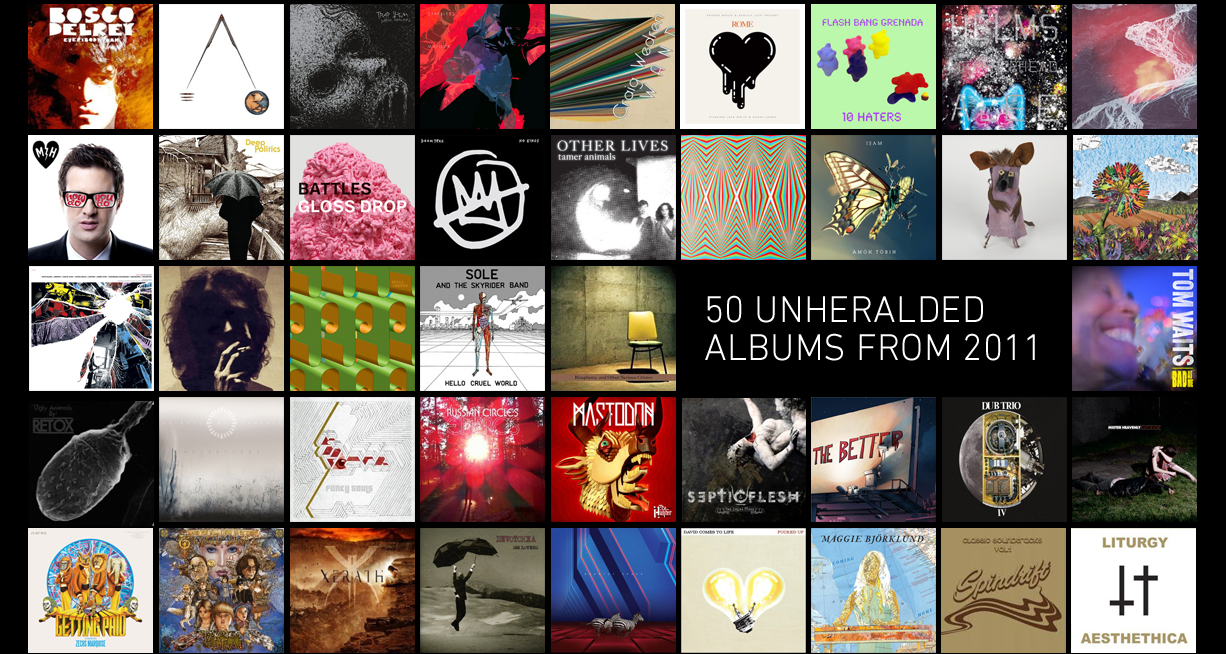

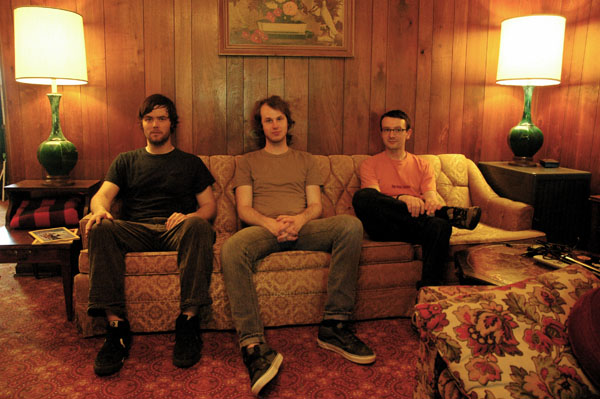
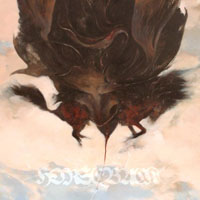
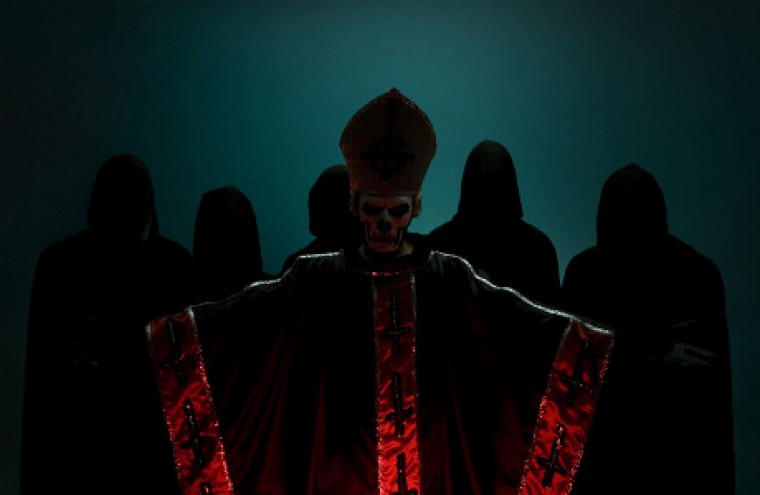
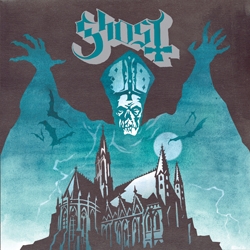 Ghost
Ghost